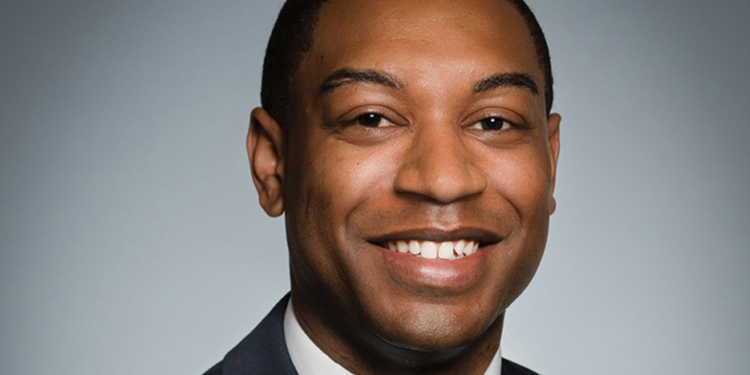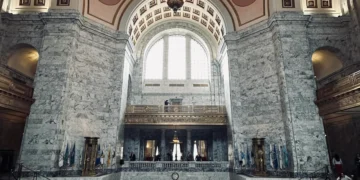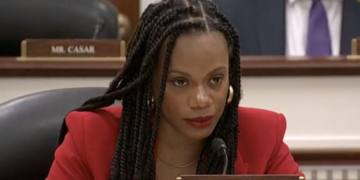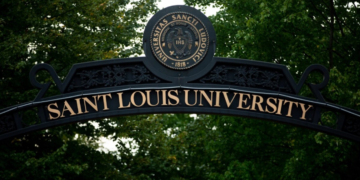Nov 30, 2024 Story by: Editor
Olympia Mayor Dontae Payne has taken a significant step in advocating for reparations for descendants of enslaved African people in the United States. Payne recently drafted a resolution, unanimously approved by the Olympia City Council, urging both Washington State and the federal government to establish a commission to study and recommend reparations policies.
This resolution marks a historic moment as Olympia becomes the first of Washington’s 281 cities to pass such a measure. It builds on similar recommendations within the state, including a 2024 unanimous vote by the Washington State Democratic Party and support from the Washington State Commission on African American Affairs.
The resolution highlights reparations as a mechanism for rectifying centuries of harm inflicted upon African Americans. It outlines potential measures such as direct financial compensation, land ownership, housing, education, and healthcare.
“This is about economic equity for Black Americans, specifically those who live within the city limits of Olympia, but ultimately, it will benefit all Washingtonians,” said Payne. “Reparations recognize the legacy of economic disparity stemming from slavery and the subsequent centuries of systemic oppression. This is not just about addressing past harms but acknowledging the ongoing inequities faced by African Americans today.”
Payne emphasized the long-standing economic disparities created by slavery, including the lack of intergenerational wealth among African Americans.
Former State Representative Jesse Wineberry commended Payne’s efforts, calling his leadership transformative.
“Thank God for Mayor Dontae Payne,” Wineberry stated. “He has made Olympia the first city in Washington to advocate for studying reparations. This action is a call to local and national leaders to take responsibility for addressing centuries of injustice.”
Reparations have long been a contentious issue in the U.S. Despite growing momentum, public opinion remains divided. A 2021 Pew Research Center survey revealed that 68% of Americans oppose reparations, with only 30% in favor.
Payne acknowledged these challenges, pointing to the difficulty in quantifying reparations. “A study by Dr. William Darity estimated that each Black descendant of an enslaved person could receive around $350,000,” he said. “This figure has sparked interest because it offers a tangible proposal, unlike abstract discussions involving trillions of dollars, which feel unattainable.”
The resolution passed by the Olympia City Council calls on state and federal leaders to create commissions to study reparations and supports the establishment of the Charles Mitchell Commission to Study Reparations. It also encourages other Washington cities and counties to adopt similar measures.
Locally, Olympia has taken steps toward reparative justice, prioritizing Black homeownership through initiatives like its Affordable Homeownership Research Study. The city is also advocating for regional collaboration with the Black Homeownership Initiative in King and Pierce counties.
Payne views reparations as a pathway to systemic equity. “This is about more than recognition,” he explained. “It’s about practical actions that create opportunities for healing and economic growth.” He added that reparations would not only benefit Black Americans but could also stimulate the broader economy by fostering intergenerational wealth.
As discussions on reparations gain traction nationwide, Payne’s leadership in Olympia could serve as a model for other cities. “We are at a pivotal moment where meaningful change is possible,” Payne said. “This is about taking responsibility for our shared history and building a future where equity is achievable for everyone.” Source: Seattle Medium

















